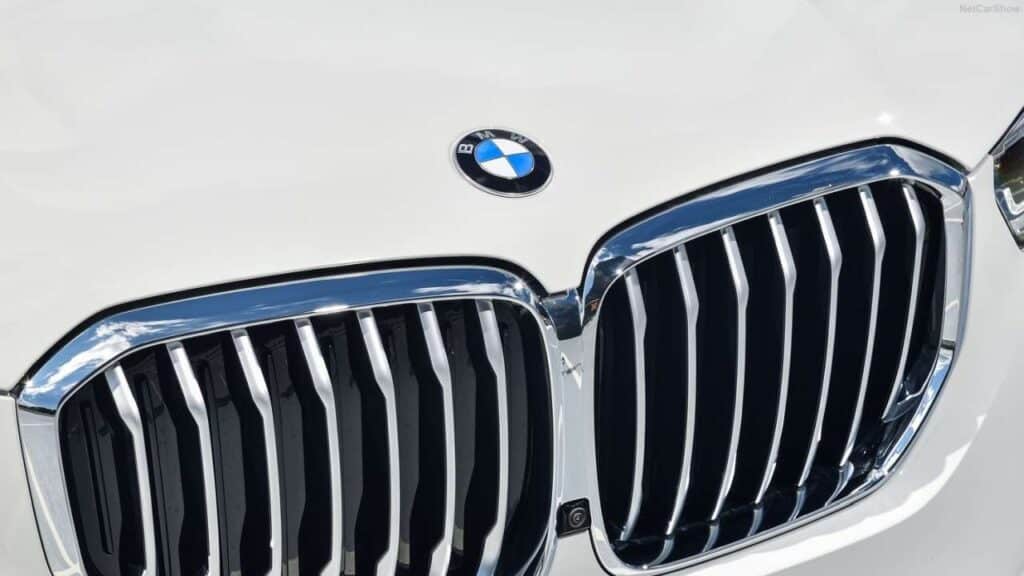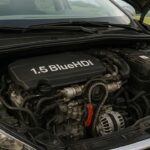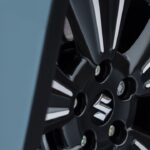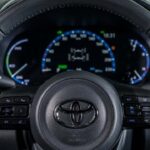Leaking EGR coolers and a possible glycol leak, which in the worst case could cause a fire, are the reasons for the recall for almost 800,000 diesel vehicles of various BMW model series in Germany alone. The problem is well known. Worldwide, nearly two million Bavarians could be affected.
BMW has already announced several recalls since 2018 due to leaky exhaust gas recirculation (EGR) coolers, and now the problem is appearing in more vehicles. Leaks can cause glycol to escape, igniting hot exhaust gases and oil residue and, in the worst case, leading to a vehicle fire. We have written about the problem in several articles in the past:
- Aug 2018: BMW to recall 323,700 cars produced from 2011 to 2016 due to the risk of fire
- Nov 2019: BMW expands the 2018 EGR cooler recall to an additional 232,000 cars
- Nov 2022: Never-ending story: BMW extends the EGR cooler recall again
In April 2021, Toyota also announced a recall due to the EGR cooler leakage. Its diesel engines with the code “WW” come from BMW. We wrote about it in the article Toyota recalls 122,000 Diesel engines due to the risk of EGR cooler fire (week 13/21).
The new EGR coolers didn’t help
The editors of the German magazine asp-Online contacted a BMW spokesman, who assured them that vehicle fires occur very rarely and that the causes can vary. One possible cause could be a leaking EGR cooler, but this does not necessarily lead to a localised intake system fire and only, in sporadic cases, leads to a fire in the entire vehicle.
It was initially thought that the problem would be solved by installing new radiators, but as the spokesman admitted, this did not happen. The carmaker has now extended the recall again. According to media reports (Auto Motor und Sport), a total of 798,930 vehicles with four- and six-cylinder diesel engines in the 1, 2, 3, 4, 5, 6, 7, X1, X3, X4, X5 and X6 model series from the 2010 to 2022 model years are currently affected in Germany alone. Worldwide, up to 1.9 million vehicles could be affected.
BMW has taken further measures to eliminate the leakage problem and, in particular, developed a new, optimised generation of EGR coolers together with another supplier. The new and more extensive solution will now be implemented in Germany as part of a campaign that started in 2022. A BMW spokesperson admitted that, given the high number of possible vehicle and engine combinations and versions for each country, the complete mastery of this technical measure will still take some time.
The remedial measure still consists of checking the exhaust gas recirculation cooler for leaks in the workshop, which may have to be replaced. It can be assumed that, as in the past, one working day will be required for the repair work.
Source: auto-motor-und-sport.de











Currently 5207 Recalls